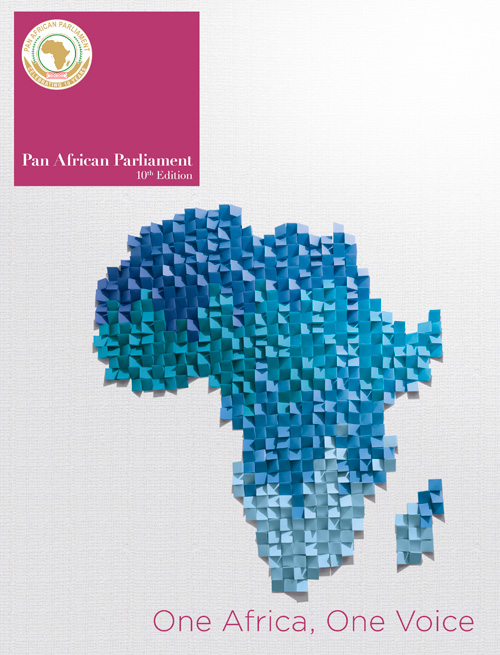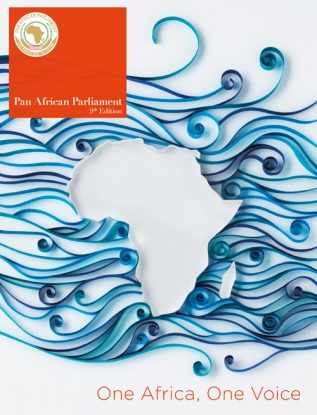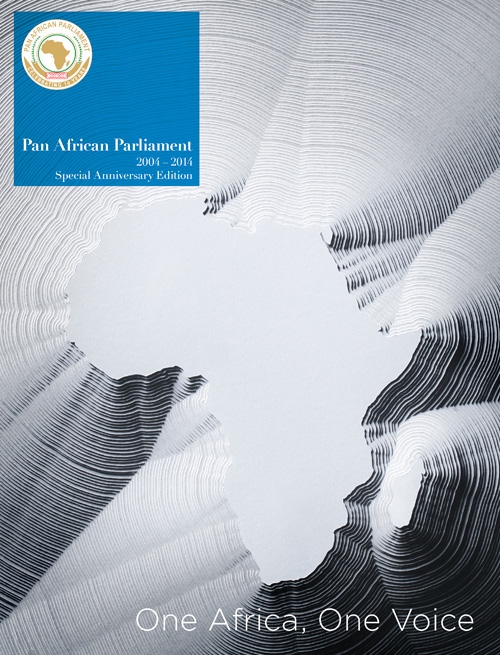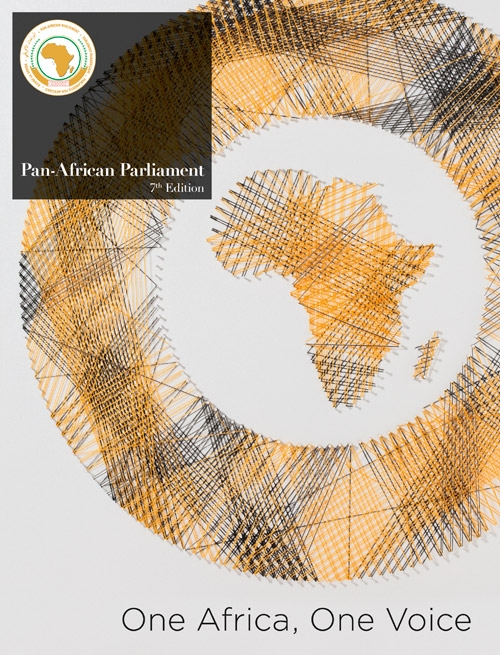
There is certainly debate about the number of democracies that exist on the African continent. According to the Economist Intelligence Unit, which publishes an annual democratic index, only Mauritius is ranked as a ‘full’ democracy. Freedom House, a US think tank, says that the number of full democracies among 49 sub-Saharan countries has fallen from 24 in 2005 to 19 in 2012.
Nonetheless, the Economist stated in the article titled A Glass Half Full: ‘Setting aside the quality of African democracy, all but a few of the continent’s 1 billion people now expect to vote in regular national polls. That is something which 1.5 billion Asians, for all their impressive economic performance, cannot do.’
The Economic Intelligence Unit further stated: ‘Every year the electoral calendar in sub-Saharan Africa becomes more crowded, and every year most posts, from the presidency to seats in the national assembly and town mayorships, are competed for rather than seized or bestowed. The number of elections held annually in recent years has increased; since 2000 between 15 and 20 elections have been held each year. African democracy appears to have flourished and the holding of elections has become commonplace.’
However, the report does caution that not all ballots pass the test of being ‘free and fair’, and many have been charades held by regimes clinging to power. At the same time, coups d’état have become more infrequent, although conflict, failed governments and human rights abuses remain in places. ‘For every two steps forward over the past 20 years, there has been at least one step back, but the overall trend seems to be in the right direction.’
The Democracy Advantage, a book by Morton Halperin, Joseph Siegle and Michael Weinstein, examines the link between democracy and development. It concludes that, when East Asia is removed from the sample, democracies have outperformed autocracies in the past 40 years – growing at 0.5% per capita faster than autocracies and mixed polities. Bear in mind also that this sample has no data on about 25% of autocracies including North Korea, Iraq, Afghanistan and Cuba.
‘A country is more likely to get investors if a way of dealing with conflict exists’
The book also shows that not only do democracies grow at a faster rate, they also outperform autocracies in the consistency of their growth. According to an article by the US Council for Foreign Relations, all but three of the 80 worst economic performers of the last 40 years were autocracies.
Democracies also performed considerably better – at times by 50% – in terms of social welfare development, including life expectancy, child mortality and literacy.
The link between democracy and economic growth holds true in Africa in particular. ‘If you look at African history over the last four years, there is a strong positive link between democracy and growth,’ says Prof Steven Friedman, director of the Centre for the Study of Democracy at Rhodes University and the University of Johannesburg. ‘This is shown in the successes of countries like Mauritius, Botswana, increasingly Ghana and, even though many people believe the contrary, South Africa.’
He explains that the positive link exists because economies cannot grow unless there is a working methodology for dealing with conflicts in society. ‘Whenever there is change, there are winners and losers, and democracy continues to give the losers a voice.’
In a presentation to the PAP, Jeggan Grey-Johnson, AfriMAP team leader on anti-corruption work, summa-rised Africa’s development in the last decade as going hand in hand with democracy. ‘Democracies flourished and economic growth rates moved away from, in many cases, 0% to above 3% on average, resulting in increased household incomes, greater access to education and health and investment in infrastructure whereby for almost 10 years [1998-2007], Africa’s annual private infrastructure outpaced the global levels four fold.’
At a time when the rest of the world has struggled to shake off the legacy of the global economic downturn, this impressive growth has made Africa an extremely attractive destination for foreign investors.
According to Friedman, however, the role of foreign investment in growth is often misunderstood. ‘There’s a belief that a country must do things to impress invest-ors, so they invest and you grow. In reality, investors invest because they want to make money. A country is more likely to get investors if a way of dealing with conflict exists. Democracy gives investors confidence.’
Nowhere is this spelt out more clearly than in the African Growth and Opportunity Act (AGOA), a trade mechanism passed by the US in 2000 to encourage US-Africa trade. According to the Foundation for Democracy in Africa (FDA): ‘Eligibility for AGOA was designed to reward and provide incentives for sub-Saharan Africa countries that are making progress in political and economic reforms.’
Performance is assessed against a variety of criteria, key among which are ‘the establishment of market-based economies’ and ‘development of political pluralism and the rule of law’ – cornerstones of successful economies.
Despite criticism, statistics suggest a positive balance of trade for AGOA participant countries. In 2008, the US exported US$17 125 389 in goods to 41 AGOA countries, and imported US$81 426 951, providing a balance of US$64 301 562 in favour of the AGOA countries.
‘By creating tangible incentives for African countries to implement economic and commercial reform policies, AGOA contributes to better market opportunities and stronger commercial partners in Africa for US companies,’ the FDA reports.
Of course, foreign investment in Africa no longer only originates from the US and other developed countries. Over the last decade, Africa has strengthened its trade relations with China significantly, leading to some local commentators and politicians observing that pressure to attract foreign investment from ‘Western’ democratic nations has waned in favour of this burgeoning partnership with the East.
Foreign investment in Africa no longer only originates from the US and other developed countries
Friedman says this is not the case. ‘Africa’s growing relationship with China, which may not be concerned with a country’s democratic status, is less significant that it appears,’ he says. ‘Chinese investment is not going to develop society. It can make certain things happen but it doesn’t create a sustainable growth path that doesn’t rely on a foreign power to rescue the continent. At the same time, China wants what any other foreign investor wants – positive growth, which can only be achieved by having in place a way of dealing with conflict, namely democracy.’
He also points out that while China and other Eastern nations have achieved growth without being working democracies, this is not replicable in Africa. ‘China has a very different history, and hasn’t been subject to anything like the colonial interference that Africa has been subjected to, which therefore made a non-democratic route to growth possible.’
He explains that while some societies can have growth without democracy, most African nations do not fit this model simply because of the deep-seated conflict that exists as a result of its colonial past. Specifically, this references problems with borders being drawn by European colonialists with little or no regard for the culturally varied people living within those borders.
This has resulted in many countries in which cultural groups compete for power within a imaginary perimeter. ‘Again, this requires a means of settling conflict. A political system must exist in which participation is encouraged. If there is no participation, then civil servants won’t be in touch with what people need. They may introduce programmes that look good to them but that don’t work on the ground,’ he says. He also says that legitimacy is necessary. ‘Valid rules must be in place, creating the understanding that while these rules didn’t work for you this time, they might the next time.’
Participation and legitimacy being characteristics that underpin democracy, this substantiates the argument that democracy is key to growth. Friedman cautions, however, that general concerns about property rights and certainty need to be addressed.
In his presentation, Grey-Johnson said that speaking out against African leaders has become increasingly taboo and seen as going against African culture. ‘Democracy and popular participation are being defined sparingly, labelled indiscriminately and compart-mentalised into Western democracies and African democracies, when in reality it is just democracy.
‘Africans, like everyone else, yearn for liberty, and expect accountability from their leaders, which is vested in mechanisms and institutions that are transparent and inclusive. And this is the debate that we shall continue to have in the next decade; where contestation for political space and struggle to have our voices heard will remain a major challenge. But contest it we must,’ he said.
This echoes the sentiments laid out by Friedman in his argument that democracy contains the inherent structures to resolve conflict. ‘Democracy is key to growth, and the Pan African Parliament is in a good position to play that role,’ he says.







